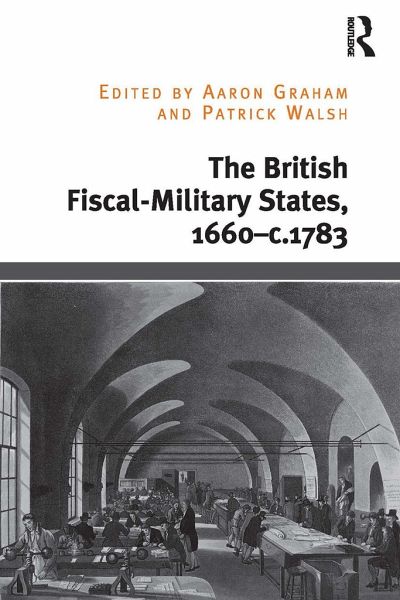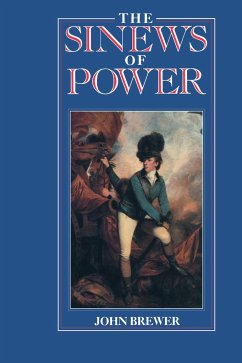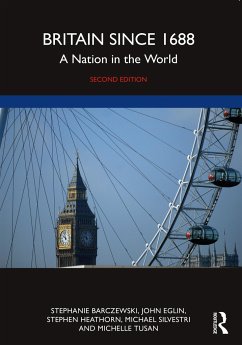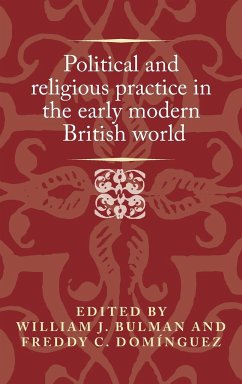
The British Fiscal-Military States, 1660-c.1783

PAYBACK Punkte
28 °P sammeln!
The concept of the "fiscal-military state", popularised by John Brewer in 1989, has become familiar, even commonplace, to many historians of eighteenth-century England. Yet even at the time of its publication the work caused controversy, and the essays in this volume demonstrate how recent work on fiscal structures, military and naval contractors,














